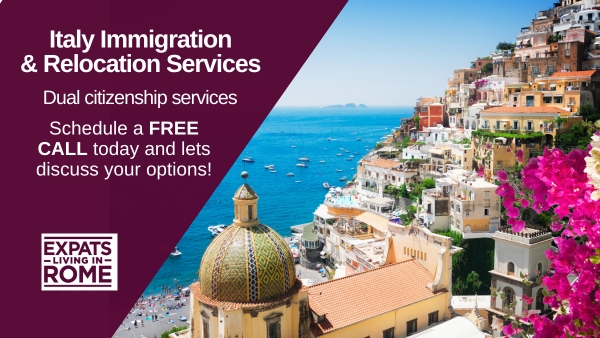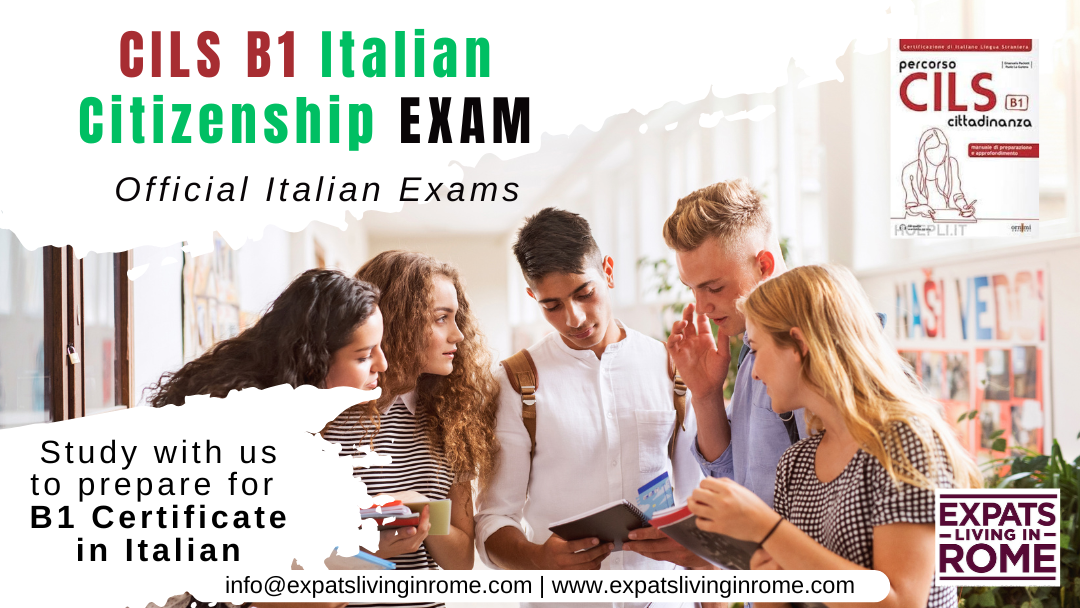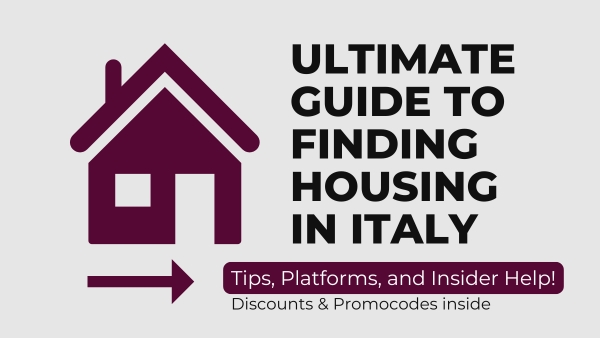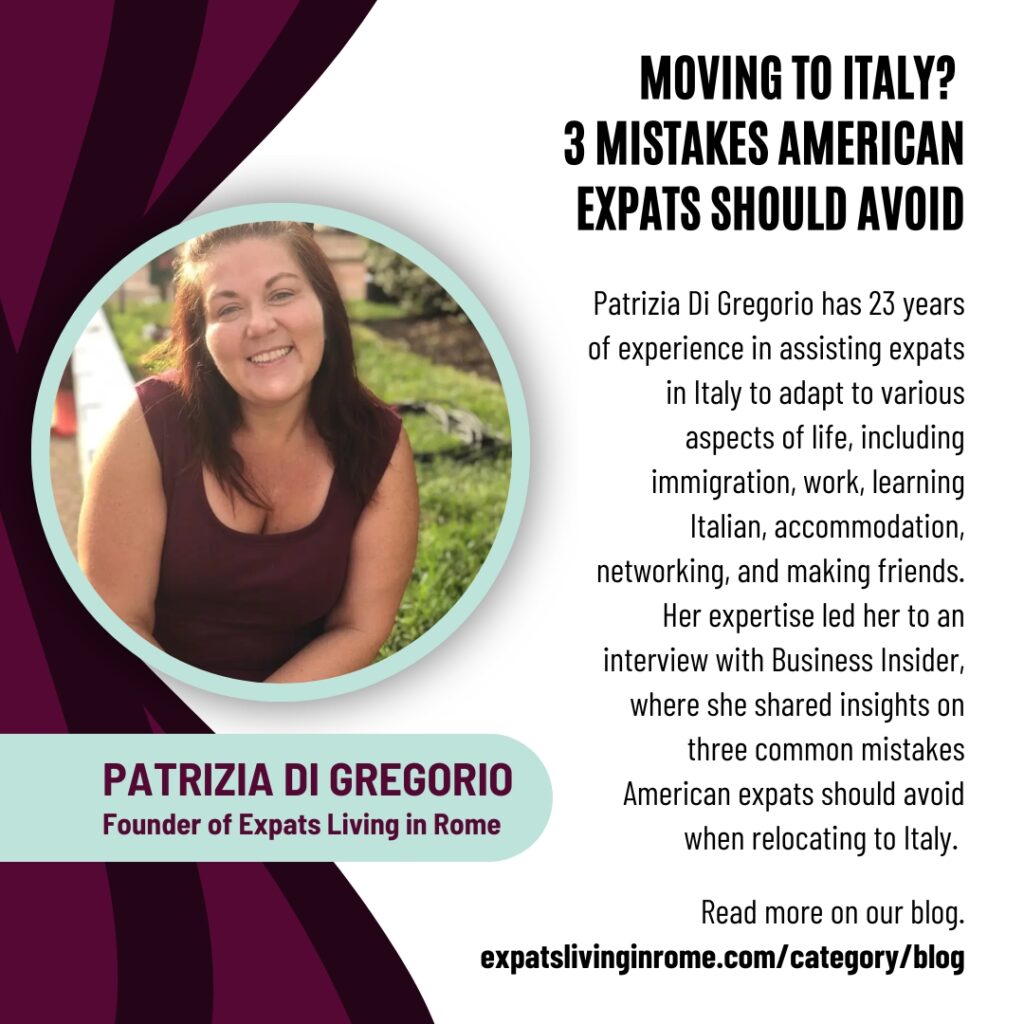Understanding ZTL (Zona a Traffico Limitato) in Italy
by Adriana ruiz
If you’re an expat living in Italy or just moved here, one of the most confusing and costly mistakes you can make is unknowingly entering a Zona a Traffico Limitato (ZTL). These restricted traffic zones are common in historic city centers and are designed to reduce congestion and pollution. Violating ZTL rules can lead to hefty fines, so understanding how they work is essential.
What is a ZTL?
A Zona a Traffico Limitato (ZTL) is a restricted traffic area where only authorized vehicles are allowed to enter during specific hours. These areas are monitored by cameras that automatically register license plates, and if you drive into a ZTL without permission, you’ll receive a fine. The penalty can range from €80 to €300 per infraction, depending on the city and the number of violations.
Who Can Enter a ZTL?
Generally, access is granted to:
• Residents with a permit
• Public transportation and emergency vehicles
• Hotel guests (some hotels in ZTL areas can request temporary access for their guests, but you must arrange it in advance)
• Electric vehicles (in some cities, they are allowed to enter without fines)
• Disabled drivers with proper authorization
How to Avoid ZTL Fines
1. Look for Signs: ZTL zones are clearly marked with a red and white circular sign and often display time restrictions.
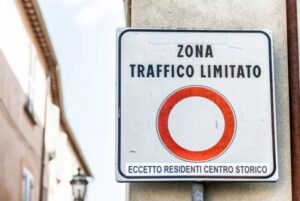
2. Use Navigation Apps: Google Maps and Waze sometimes warn about ZTLs, but apps like mooneygo or moovitapp provide more accurate local traffic restrictions.
3. Park Outside the ZTL: Many Italian cities have designated parking areas outside restricted zones where you can leave your car and take public transport or walk.
4. Request a Temporary Permit: If you need access for specific reasons (such as hotel stays), ask in advance for temporary authorization.
5. Consider Car Alternatives: Using public transport, taxis, or renting electric scooters and bikes can help avoid ZTL fines.
ZTL Rules by Major Italian Cities
Since many expats live in cities with active ZTLs, here’s a breakdown of key regulations in the most popular areas:
Rome
• ZTL areas cover most of the historic center.
• Restrictions vary by time of day: daytime ZTL hours are usually from 6:30 AM to 6:00 PM (Monday–Friday) and 2:00 PM to 6:00 PM (Saturday), while nighttime ZTLs (“ZTL notturna”) usually operate from 11:00 PM to 3:00 AM (Friday–Saturday).
• Residents and hotel guests can apply for access permits.
Milan
• Milan has an Area C zone, which functions as a congestion charge area rather than a ZTL.
• To enter the ZTL, you must purchase a daily pass and register your vehicle. For non-residents or for residents exceeding their reduced-rate limit, the cost is €7.50 per day. Residents receive their first 40 entries into the ZTL for free each year. After the 40th entry, the daily cost becomes €3.00. Electric cars can enter for free.
• The “Area B” is a larger zone, that limits the access to the most polluting vehicles.
• It is very important to check the Milan municipal website for the specific rules regarding your car type.
Florence
• The ZTL covers the entire historic center, making it one of the most restrictive zones in Italy.
• Unauthorized vehicles are prohibited from 7:30 AM to 8:00 PM (Monday–Friday) and from 7:30 AM to 4:00 PM (Saturday).
• Hotel guests must inform their accommodation to avoid fines.
Naples
• Naples has multiple ZTLs, especially in the Centro Storico and Chiaia districts.
• Restrictions vary, with some areas being 24/7 restricted.
• Many streets also have limited access to non-residents.
Turin
• The ZTL Centrale operates from 7:30 AM to 10:30 AM (Monday–Friday).
• Electric vehicles are often exempt from restrictions.
Bologna
• The ZTL covers the entire historic center and is monitored by cameras.
• Access is restricted from 7:00 AM to 8:00 PM (Monday–Friday).
• Permits are available for hotel guests and residents.
Venice
• Venice itself has no ZTL for cars since it’s a pedestrian city.
• However, Mestre (the mainland area) has restrictions, especially near Piazzale Roma.
• Parking in Mestre and taking public transport to Venice is recommended.
What to Do If You Receive a ZTL Fine
If you unknowingly drive into a ZTL and receive a fine, you can either pay or appeal it. Fines are typically sent to the vehicle owner’s address, even for rental cars (the rental company will charge you). If you believe the fine was issued incorrectly, you can contest it through the local Prefecture or Giudice di Pace (Justice of the Peace), though this process requires paperwork and sometimes legal fees.
Final Tips
• Always double-check signs when driving in a new city.
• If renting a car, ask the rental agency about ZTL policies.
• Use public transport or park in designated areas outside ZTL zones.
* Please note that the ZTL times mentioned in this article may change over time. It is advisable to check the city municipal website for the most up-to-date information.
If you need help with your citizenship process, language courses, or general expat life in Italy, email us at [email protected].

Single Female Travelers in Italy: Practical, confident, and connected
Rome rewards curiosity and courage. This guide offers grounded tips, cultural insight, and community support so you can explore with confidence—day and night, solo and on your own terms. Start with confidence “Solo doesn’t mean alone.” In Rome, you’ll find friendly locals, layered history, and a vibrant expat network. A little preparation goes a long […]
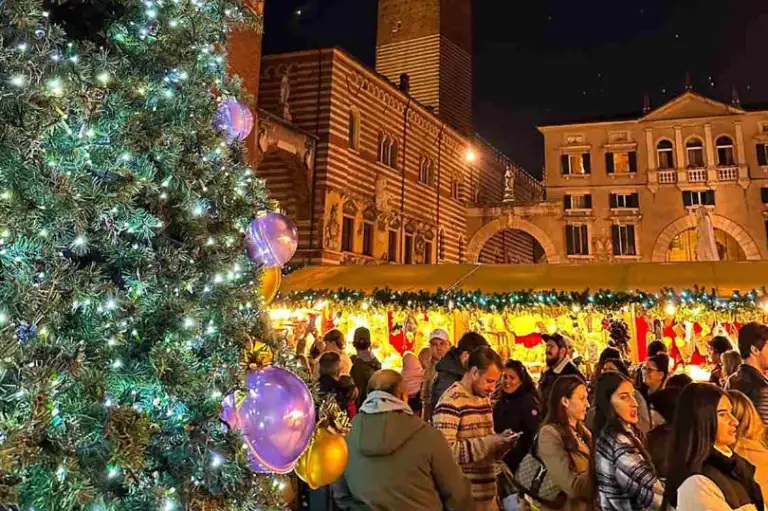
Christmas in Italy 2025: A Magical Season for Expats Across Italy
Christmas in Italy isn’t just a holiday — it’s a season full of history, flavor, celebration, and heartfelt traditions that bring families, towns, and entire regions to life. Whether you’re an expat experiencing your first Italian Christmas or a returning fan of the magic, 2025 promises some beautiful celebrations across the country. Here’s what to […]

Tax Residency Incentives in Italy — Your Guide (2025)
Italy offers several tax incentives designed to attract retirees, entrepreneurs, high-net-worth individuals and remote workers. These regimes can be extremely generous — but they are complex and often conditional. This guide explains the main options in 2025, who qualifies, and how we can help you plan a compliant move. Why Italy Offers Tax Incentives Italy […]

Navigating Healthcare in Rome: A Guide for Expats with English-Speaking Doctors
Moving abroad is exciting, that is until real life hits. I came to Italy from Alaska in 2021 for what was supposed to be a four-month study program in Florence. Four years later, I’m still here, now living and working in Rome. When we plan our dolce vita, we think about pasta, museums filled […]

Major Tax Incentives for Home Renovation in Italy (2024-2033)
Taxpayers carrying out renovation work on residential buildings and common areas of residential complexes in Italy are entitled to claim significant tax relief. This benefit allows individuals to deduct a portion of the expenses incurred from their Italian personal income tax (Irpef). This article outlines the rules, beneficiaries, and changing deduction rates for these home […]
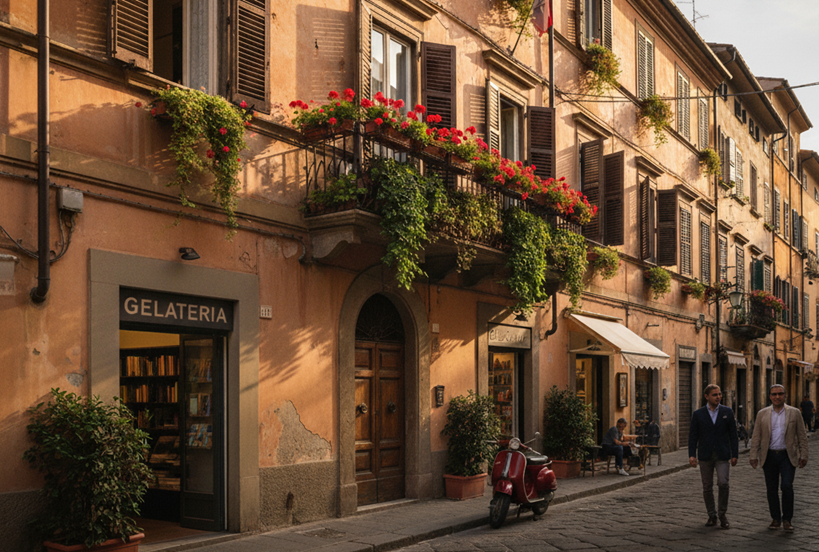
How to Save on Taxes When Buying Your First Home in Italy
Buying a first home in Italy comes with significant tax benefits and incentives designed to make property ownership more accessible. Whether you are an Italian national or a foreigner, understanding these advantages can translate into substantial savings on your property purchase. The “Prima Casa” regime is essentially a set of tax reliefs applicable to the […]

Bringing Your Family to Italy: A Guide for Non-EU Citizens
For non-EU citizens residing in Italy, having your family with you is a tangible goal. Italian law provides a framework for family reunification, allowing you to bring close relatives to live with you under specific conditions. This guide outlines the key requirements, procedures, and rights to help you navigate the process. Who Can Apply for […]

How to Become a Self-Employed Worker in Italy
Are you a non-EU citizen wishing to work as a self-employed worker in Italy? This guide explains the conditions you must meet, the procedures to follow, and the rights you can enjoy during your stay. Conditions for Self-Employment To legally engage in independent work in Italy, non-EU citizens must satisfy several conditions and obtain the […]

